The Indian share market offers various financial instruments that provide opportunities for investors and traders. One of the most popular financial instruments is the futures contract, which is a derivative that allows market participants to hedge, speculate, or lock in prices. In this blog, we will delve into the meaning of futures contracts, their definition, how they work, and explore their pros and cons in the context of the Indian share market.
Table of Contents
- Introduction to Futures Contracts
- Meaning and Definition of Futures Contracts
- Key Components of a Futures Contract
- How Futures Contracts Work in Indian Markets
- Historical Data and Examples of Futures Contracts
- Pros of Trading Futures Contracts
- Cons of Trading Futures Contracts
- Conclusion
1. Introduction to Futures Contracts
The Indian financial market offers a wide range of products, including equity, commodities, currencies, and derivatives. Among these, futures contracts stand out as a vital tool for investors and traders alike. Futures trading plays an important role in both hedging risks and leveraging opportunities for speculation.
Futures contracts are widely traded on exchanges such as the National Stock Exchange (NSE) and the Bombay Stock Exchange (BSE). The Indian derivatives market has grown significantly over the years, making it essential for traders to understand how futures contracts operate.
2. Meaning and Definition of Futures Contracts
A futures contract is a standardized agreement between two parties to buy or sell an asset at a predetermined price on a future date. Unlike traditional spot trading, where the exchange of goods or securities happens immediately, futures involve an agreement to complete the transaction at a later date. The underlying asset can range from stocks and commodities to indices and currencies.
In the Indian market, futures contracts are traded on a formal exchange, which ensures transparency and minimizes counterparty risks. These contracts are standardized, meaning the contract size, delivery dates, and other specifications are predefined.
3. Key Components of a Futures Contract
Several key elements make up a futures contract, and understanding these components is crucial for anyone looking to trade in futures. Let’s explore each one in detail:
| Component | Explanation |
|---|---|
| Underlying Asset | The financial asset (e.g., stock, index) being traded |
| Contract Size | The standardized amount of the asset in the contract |
| Expiration Date | The date when the contract must be settled |
| Price | The agreed-upon price at which the asset will be traded |
| Margin Requirement | The initial deposit required to open a futures position |
| Mark-to-Market | Daily settlement of gains and losses |
These components ensure that futures contracts are structured and governed by clear rules and timelines.
4. How Futures Contracts Work in Indian Markets
Futures contracts in India work by allowing traders to speculate or hedge against price movements. Investors and traders take two types of positions in the futures market:
- Long Position: The buyer agrees to purchase the underlying asset at a future date.
- Short Position: The seller agrees to sell the underlying asset at a future date.
Example of a Futures Contract in Action:
Let’s consider an example using the Nifty 50 Futures, one of the most actively traded futures contracts in the Indian market.
Suppose the Nifty 50 index is currently at 15,000 points, and a trader believes the index will rise in the future. The trader can take a long position by purchasing a Nifty 50 Futures contract for 15,100 points with an expiration date one month from now. If, by the expiration date, the Nifty 50 index rises to 15,500, the trader makes a profit based on the difference between the contract price and the actual index value.
This speculative activity, combined with risk management strategies, drives futures trading in the Indian market.
5. Historical Data and Examples of Futures Contracts
Historical data can provide insights into the performance and trends of futures contracts in the Indian market. Below is an example of the performance of Nifty 50 Futures Contracts over a period of time.
| Date | Nifty 50 Spot Price | Nifty 50 Futures Price | Difference (Points) | Expiration Month |
|---|---|---|---|---|
| Jan 2022 | 16,450 | 16,500 | +50 | Feb 2022 |
| Mar 2022 | 17,200 | 17,180 | -20 | Apr 2022 |
| Jul 2022 | 15,500 | 15,550 | +50 | Aug 2022 |
| Dec 2022 | 18,100 | 18,150 | +50 | Jan 2023 |
In this table, we see the difference between spot and futures prices, which reflects market sentiment, interest rates, and the cost of carry. Futures contracts often trade at a premium or discount to the spot price, depending on these factors.
6. Pros of Trading Futures Contracts
There are several advantages to trading futures contracts in the Indian market. Here’s a breakdown of the key benefits:
a. Leverage
One of the most significant advantages of futures trading is leverage. Traders are required to deposit only a small margin to control a large position, allowing them to amplify potential returns. However, it is essential to note that leverage also increases the risk of losses.
b. Hedging
Futures contracts offer an excellent way for investors and businesses to hedge against adverse price movements. For example, a company that relies on a particular commodity can use futures contracts to lock in a favorable price and protect against rising costs.
c. Liquidity
The Indian futures market, particularly in indices like the Nifty 50 and Bank Nifty, is highly liquid. This liquidity ensures that traders can easily enter and exit positions without significant price slippage.
d. Price Discovery
Futures contracts play a crucial role in price discovery. The futures market reflects expectations about the future price of an asset, helping investors make informed decisions.
e. Diversification
Futures contracts offer a way to diversify a portfolio. Investors can trade futures on various assets, including indices, commodities, and currencies, to hedge risks and increase potential returns.
7. Cons of Trading Futures Contracts
While futures contracts offer several advantages, there are also notable disadvantages that traders must consider:
a. Risk of Leverage
Leverage is a double-edged sword. While it can magnify gains, it can also lead to significant losses if the market moves against the trader’s position. It is not uncommon for inexperienced traders to lose their entire margin due to adverse price movements.
b. Margin Calls
Futures trading requires traders to maintain a certain margin level. If the market moves unfavorably, traders may face a margin call, requiring them to deposit additional funds or close their position at a loss.
c. Complexity
Futures contracts, particularly in commodities and currencies, can be complex financial instruments. Traders must understand various factors such as cost of carry, interest rates, and market sentiment to trade futures effectively.
d. Expiration Risk
Unlike stocks, which can be held indefinitely, futures contracts have expiration dates. If the market moves unfavorably near the contract’s expiration, traders may face unexpected losses.
8. Conclusion
Futures contracts are a powerful financial tool in the Indian share market, offering numerous benefits, including leverage, hedging, and liquidity. However, they also come with significant risks, particularly for those unfamiliar with the mechanics of the market. Traders and investors must fully understand the pros and cons of futures trading before engaging in it.
By examining historical data and understanding the key components of futures contracts, market participants can make more informed decisions that align with their risk tolerance and financial goals.

What Is Implied Volatility?
In the realm of Indian share market derivatives, implied volatility (IV) plays a crucial role …

What is Margin Funding?
Margin funding is a powerful tool in the Indian share market that allows traders to …

Forward vs Future contract
In the Indian share market, derivatives such as forward and future contracts play a pivotal …

What is Margin Money?
Margin money is a crucial aspect of trading in the Indian share market, especially in …
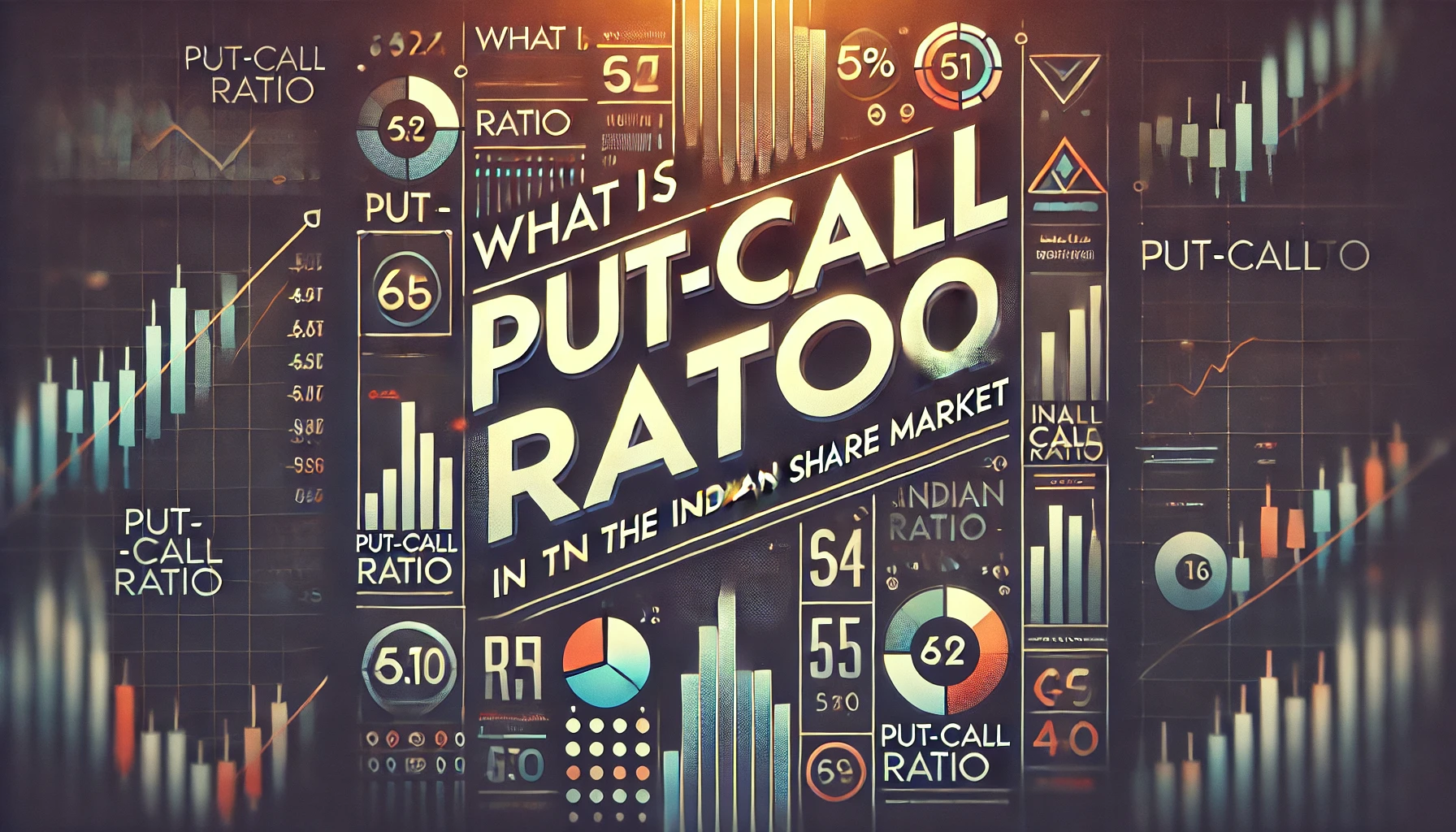
What is Put-Call Ratio?
The Put-Call Ratio (PCR) is one of the most widely used indicators in options trading …

What is Derivatives?
Derivatives are financial instruments whose value is derived from an underlying asset or benchmark. In …
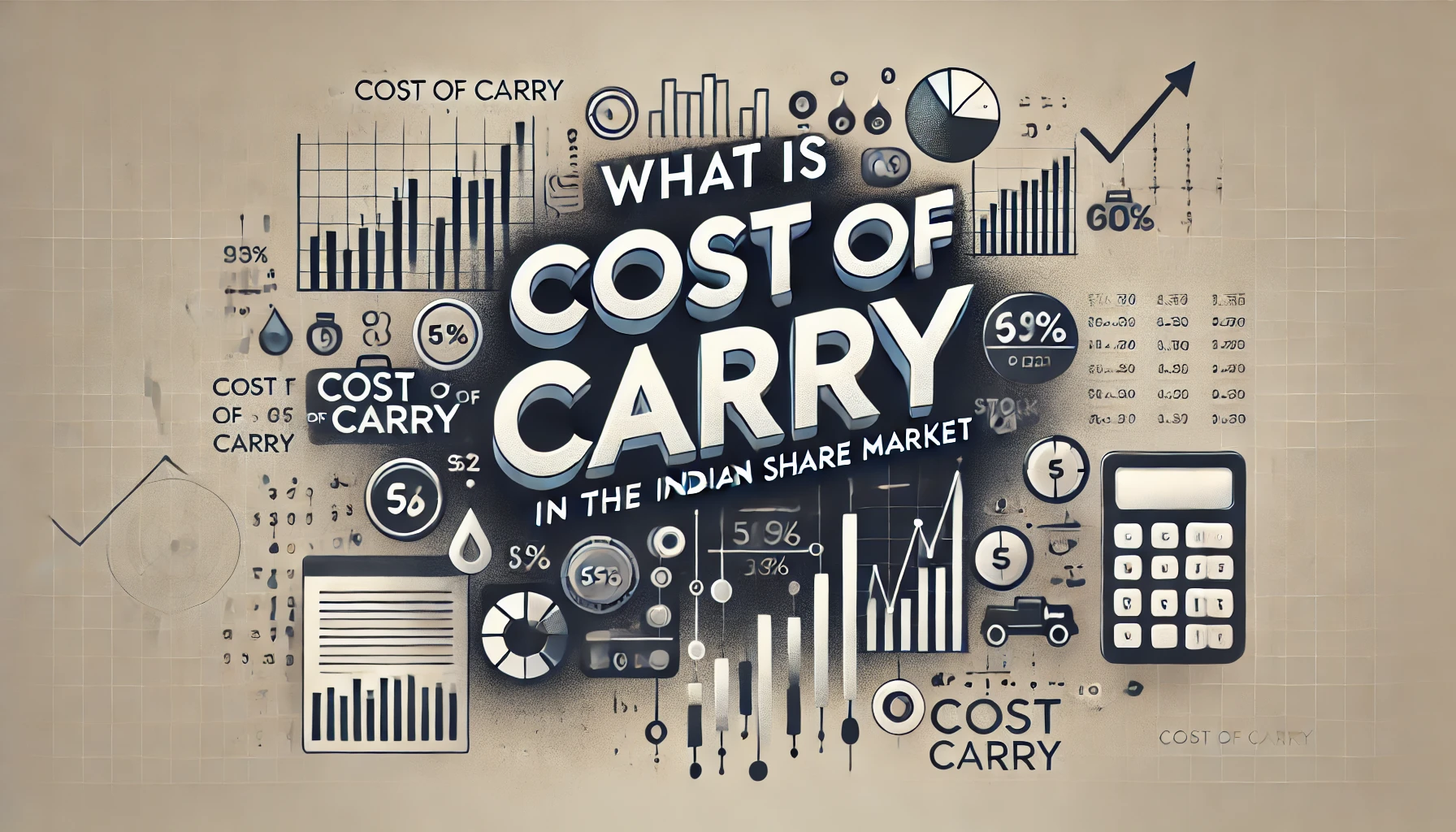
What is Cost of Carry?
The cost of carry is an essential concept in futures trading that reflects the cost …

What is futures
Futures are a fundamental part of derivatives trading in the Indian stock market. They allow …
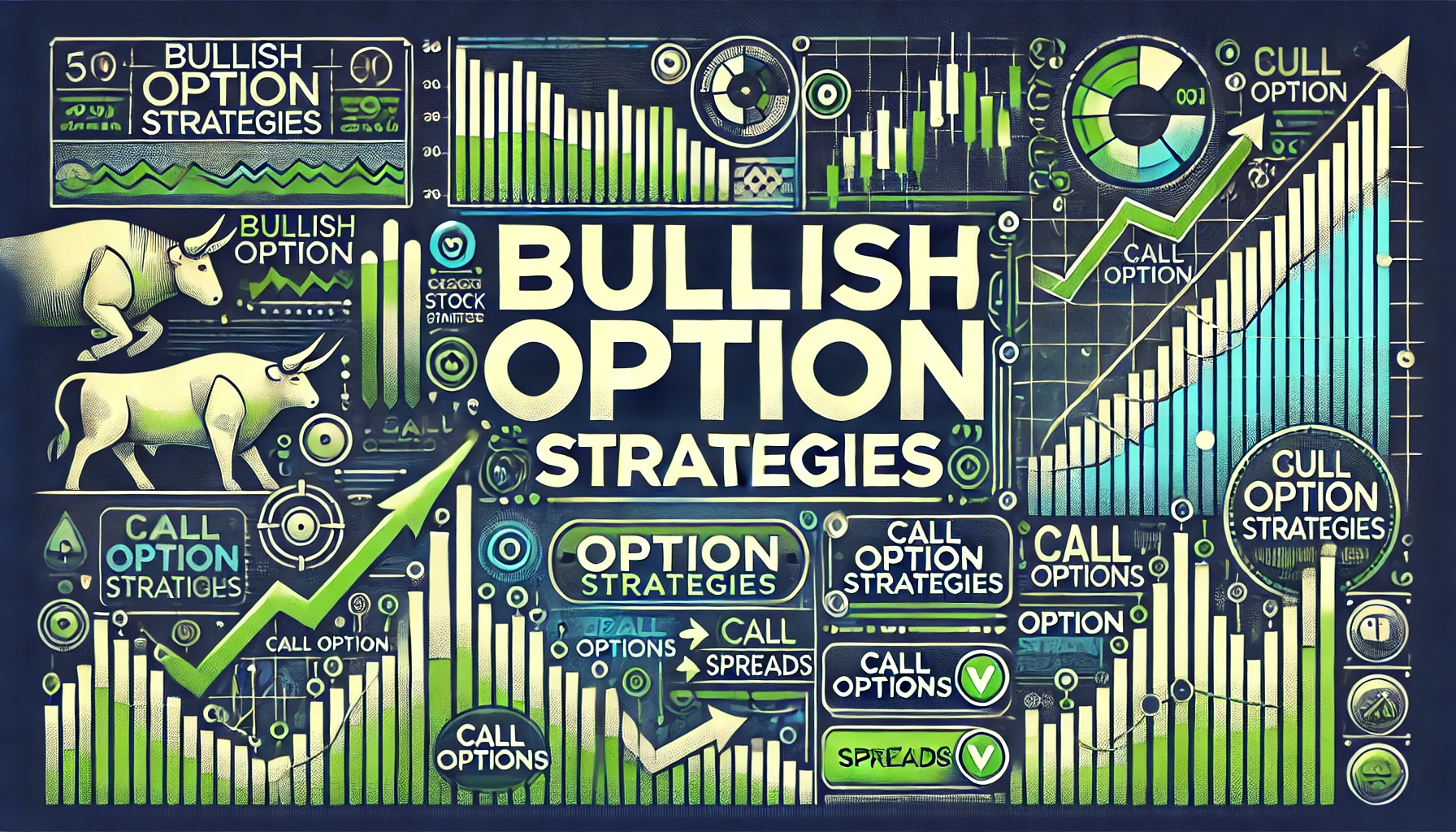
Bullish Option Strategies
In the ever-evolving world of derivatives trading, options have become a powerful tool for investors …

Understanding Physical Settlement in Futures & Options Contracts: A Comprehensive Guide
In the world of derivatives trading, the concept of physical settlement has gained prominence, particularly …
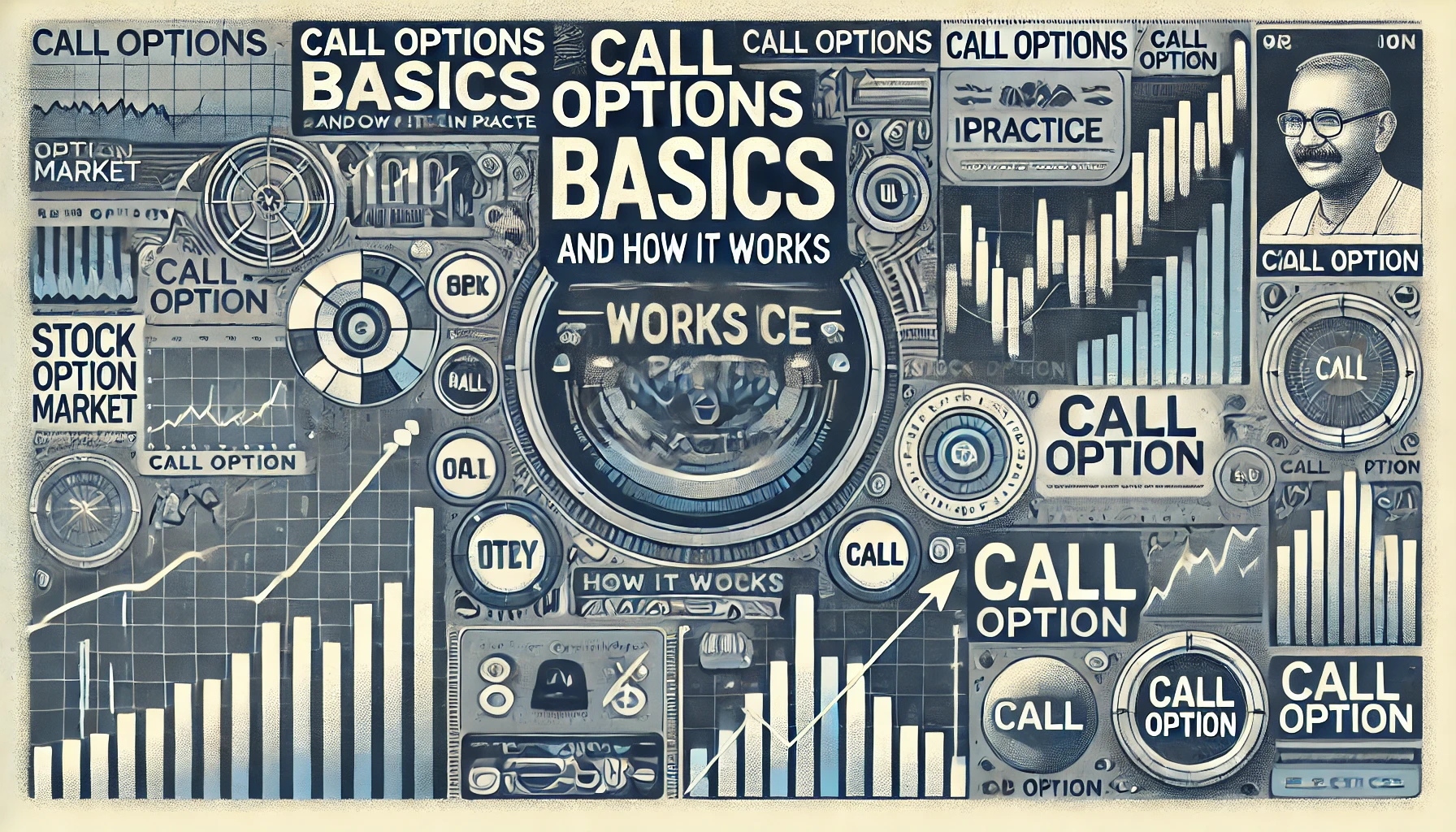
what are call options
The Indian share market has expanded significantly over the years, attracting a growing number of …
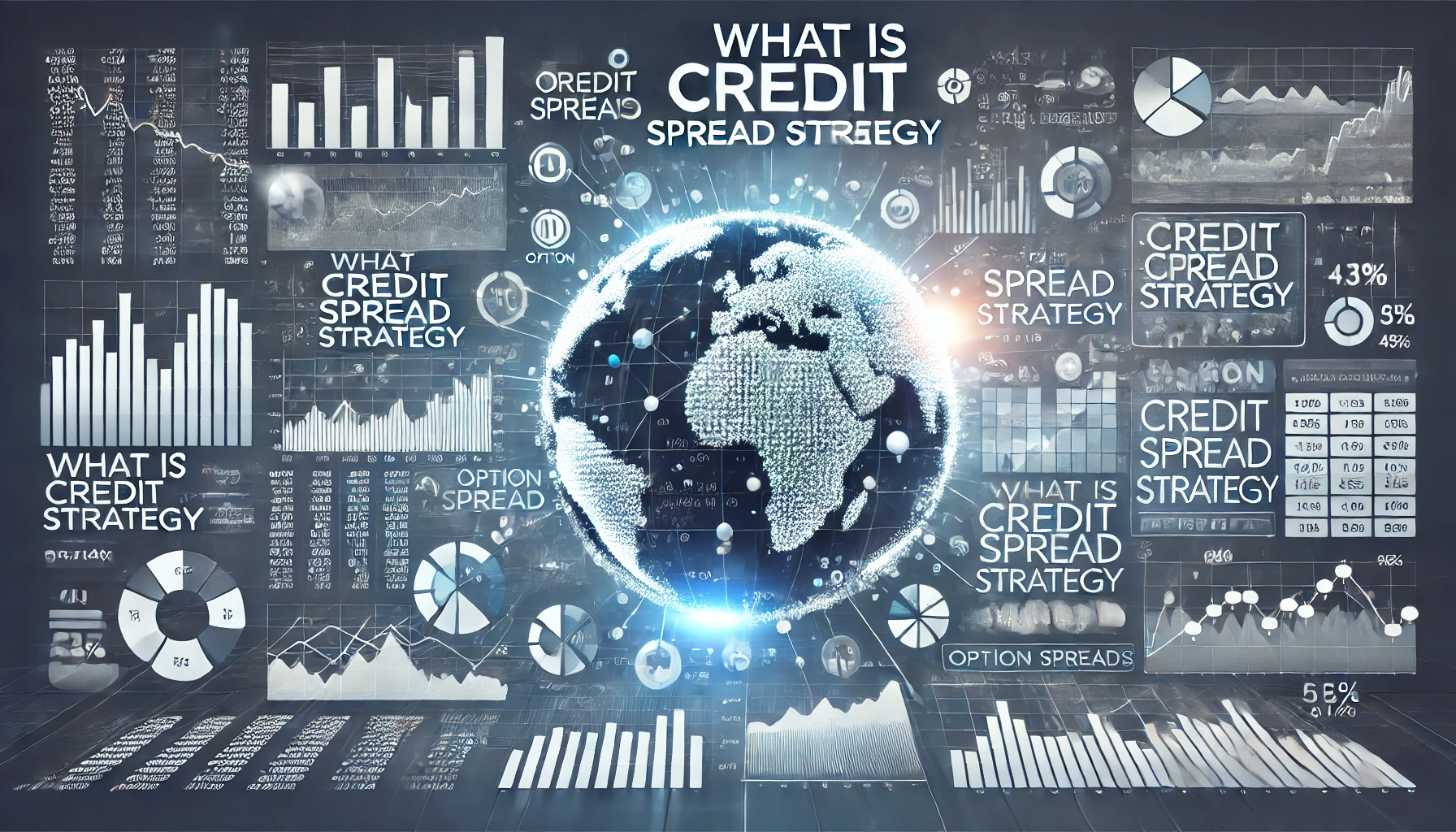
What Is Credit Spread Strategy
In the world of options trading, the credit spread strategy is one of the most …

What Is a Forward Contract
A forward contract is a customized financial agreement between two parties to buy or sell …

Types of Derivatives in India
The Indian derivatives market has grown exponentially, becoming a vital tool for investors and traders …
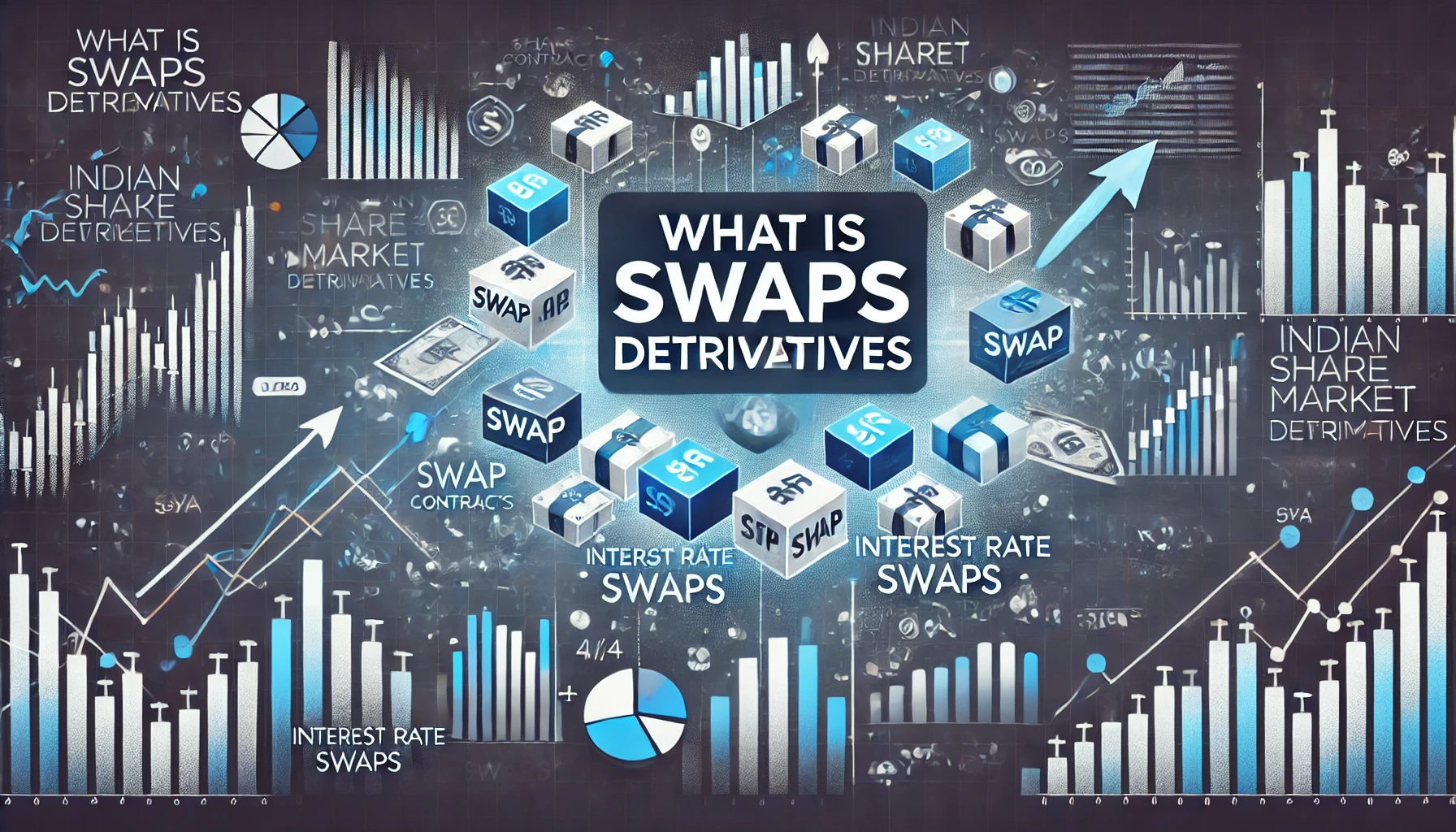
What is Swaps Derivatives
In the world of derivatives, swaps are a special class of contracts that allow two …
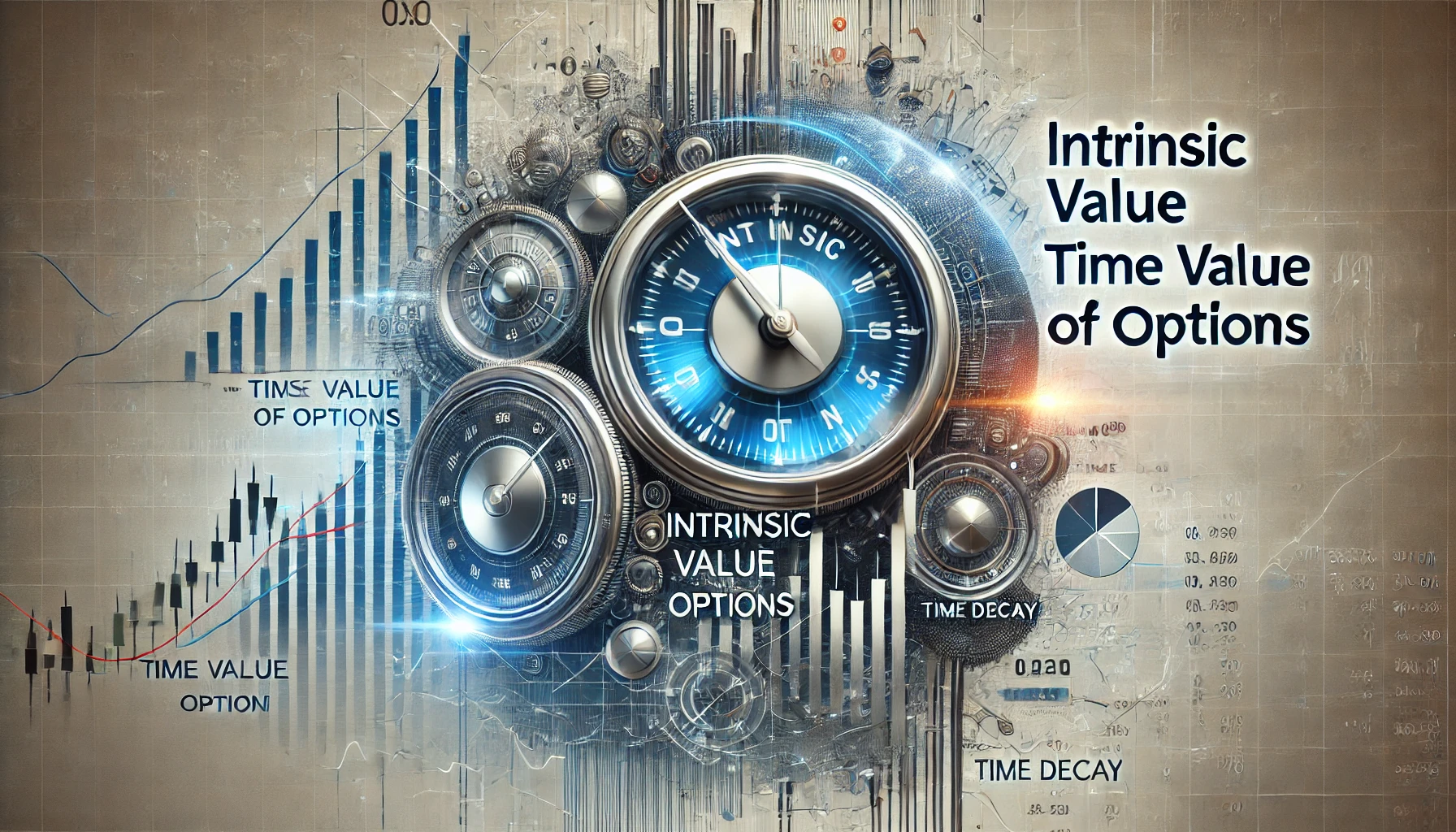
Intrinsic Value and Time Value of Options
Options trading is one of the most widely used financial instruments in the Indian share …

What is Open Interest?
In the world of derivatives, the concept of “Open Interest” plays a crucial role in …
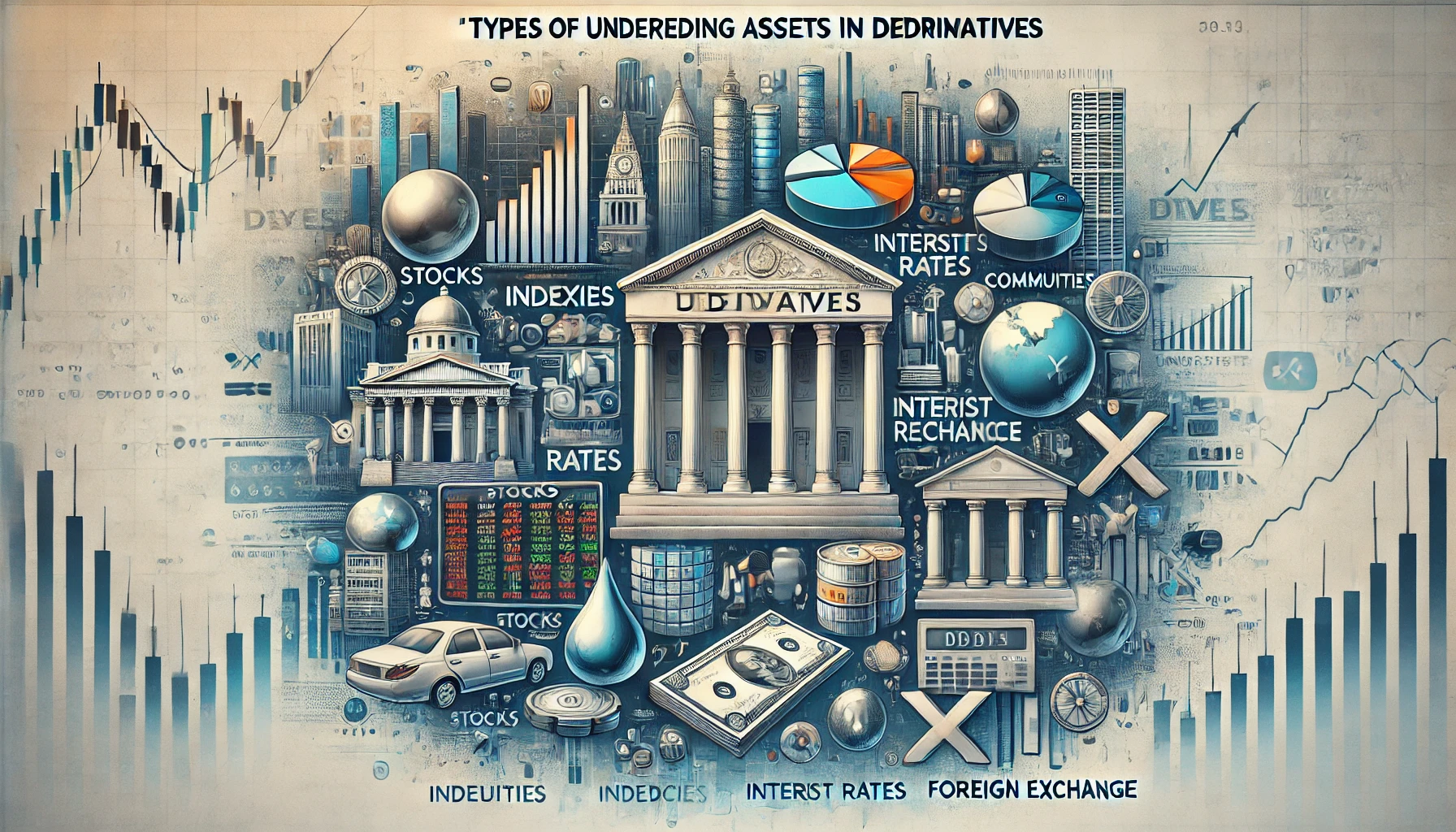
Types of underlying assets in derivatives
The Indian derivatives market has grown exponentially over the last few decades, thanks to its …

derivatives on Option Volatility & Pricing Strategies
The Indian share market derivatives segment is a dynamic environment where advanced traders rely heavily …

What is Futures Contract
The Indian share market offers various financial instruments that provide opportunities for investors and traders. …
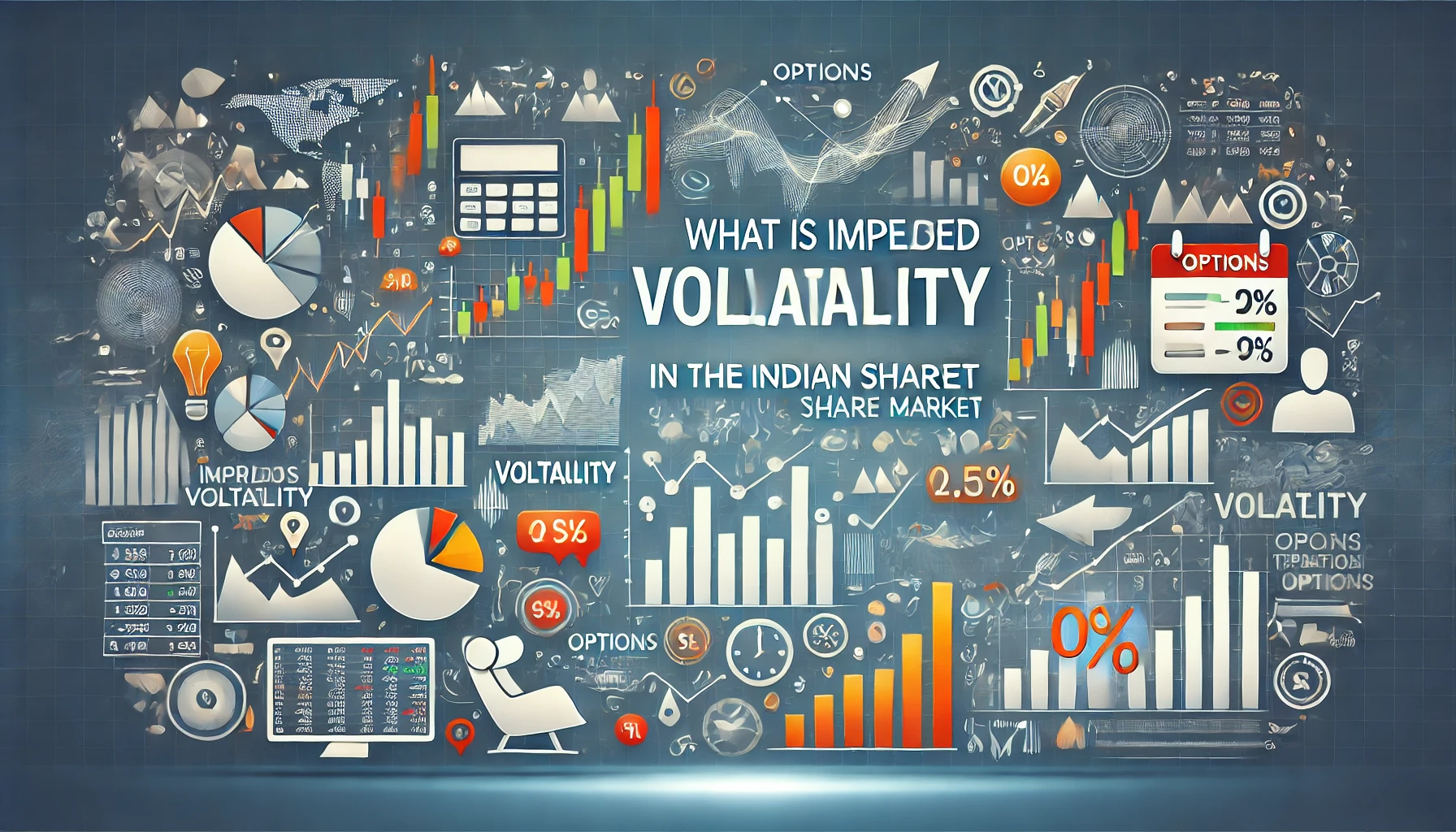
What is implied volatility in options?
In the world of options trading, one of the most crucial elements to understand is …

Futures Pricing Formula
The Indian share market is known for its dynamic nature and offers various opportunities for …

What is an ITM Call Option?
The world of options trading is filled with technical terms that are crucial for investors …

What is Max Pain Theory?
The Indian share market is full of strategies and theories that traders use to predict …

What is OTM Call Options
In options trading, terms like “in the money” (ITM), “at the money” (ATM), and “out …

What Is Rollover
Rollover is a common term in the world of futures and derivatives trading, especially in …

Futures Prices Converge Upon Spot Prices
In the world of financial markets, futures contracts play a significant role. One of the …
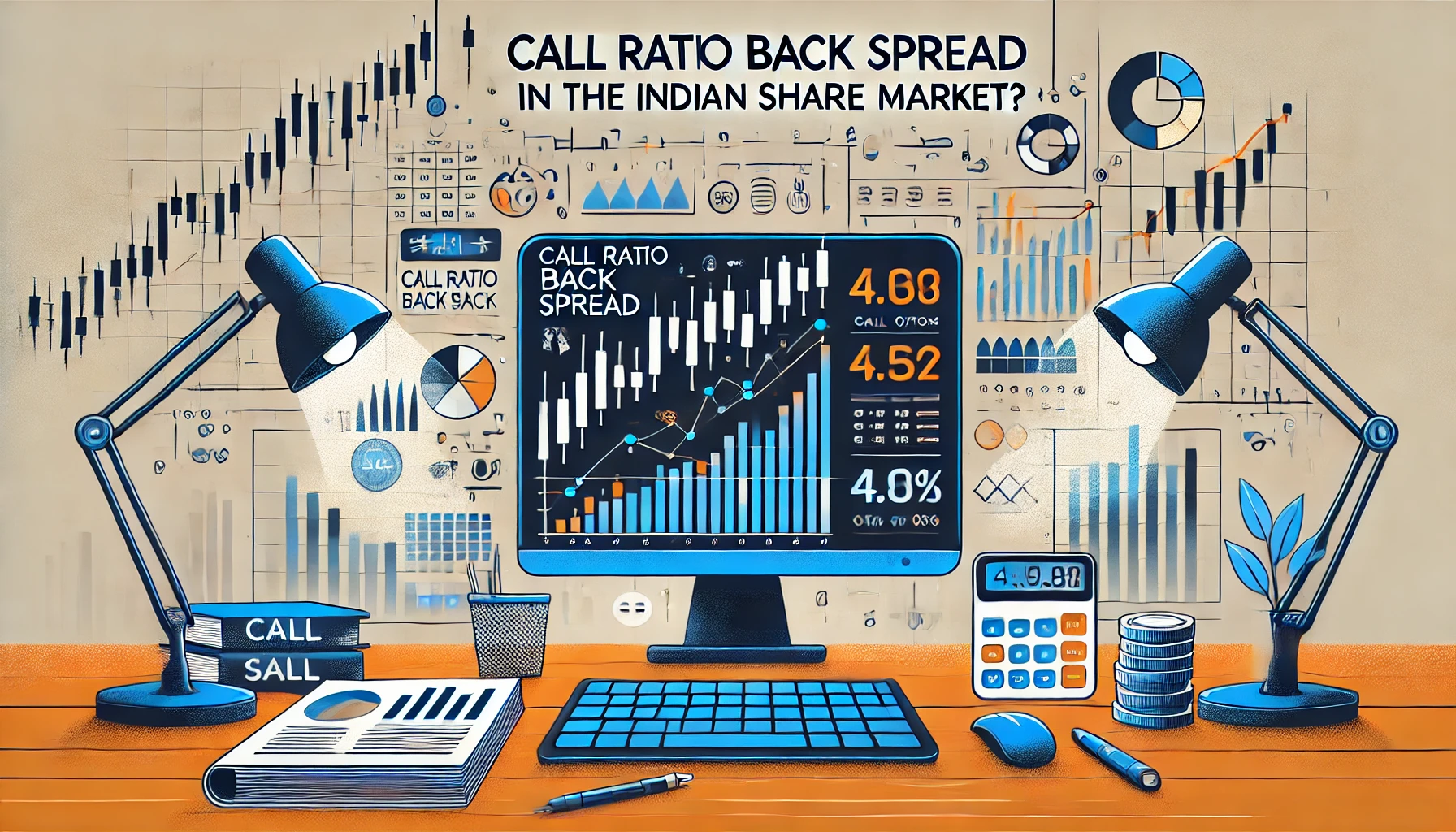
Call Ratio Back Spread
In the Indian share market, advanced trading strategies such as the Call Ratio Back Spread …
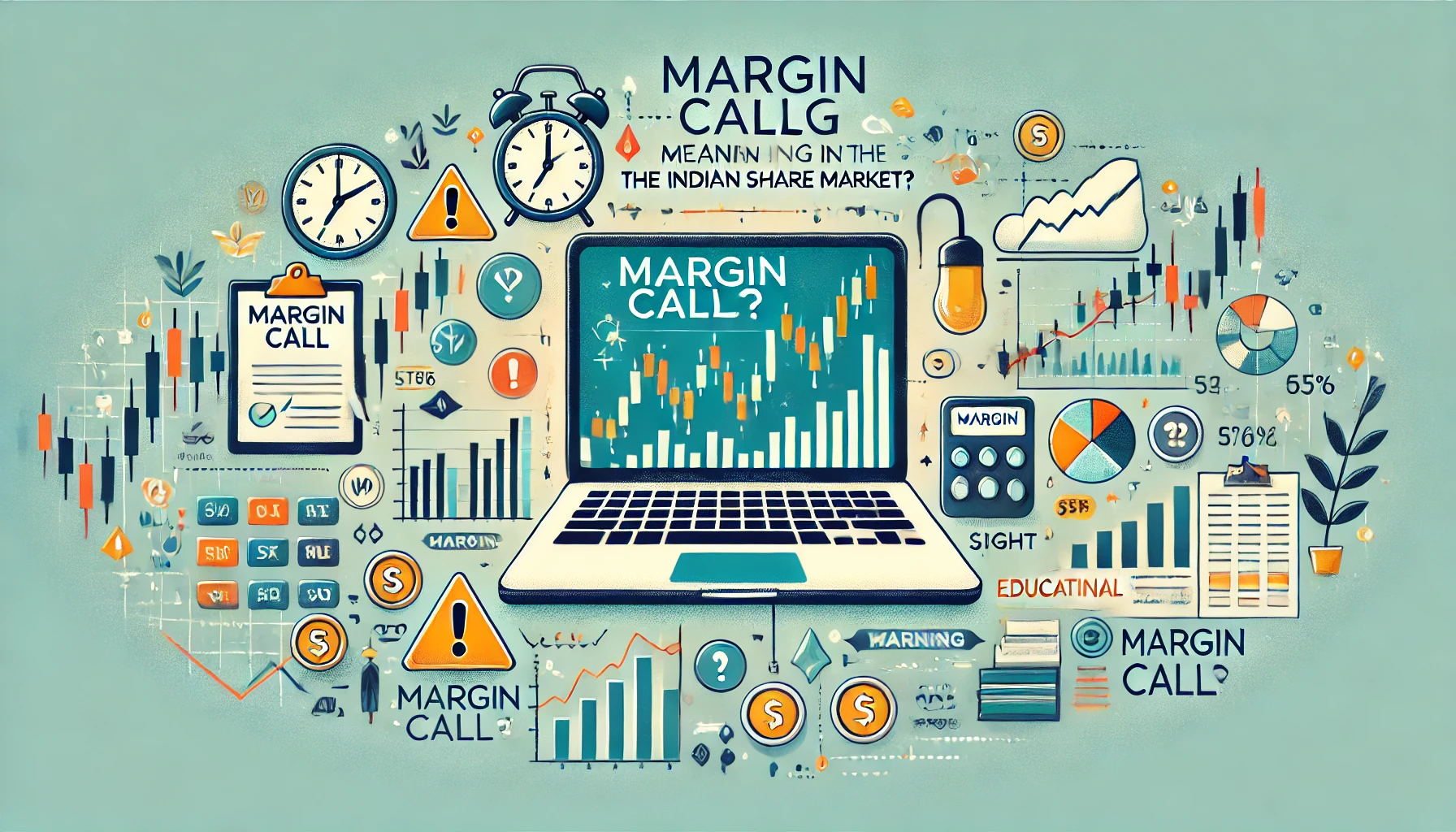
Margin Call Meaning
A margin call is one of the most critical warnings in trading, often marking a …

What is Bermuda Option?
The financial markets are full of complex instruments, and one such tool is the Bermuda …


















